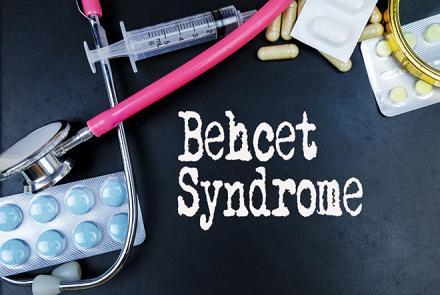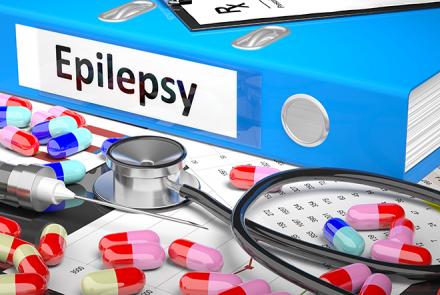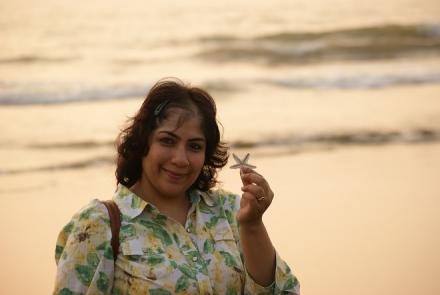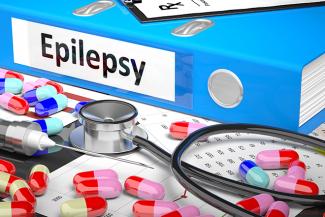
And questions on seizures, ketogenic diet, depression answered by Dr Joy Desai, a Consultant Neurologist in Mumbai and on the Committee of the Bombay Chapter of The Indian Epilepsy Association. #AskTheDoctor series
1. How effective is surgery for epilepsy cure?
Surgery is effective in well selected patients. Patients are evaluated for surgery on 3 conditions:
- Is their epilepsy arising from one spot in the brain? Has testing confirmed this site and will it be possible to intervene and disengage this site.
- Will it harm the patient in any way? This is an important point to assess because every part of the brain is required for proper functioning. If a certain site is interfered with, what functioning will the patient lose and how severely?
- How long will the effects of such a surgery last?
Patients who do not respond to any forms of treatment are termed Refractory. Refractory patients account for one-third of all patients. Only half of them are surgical candidates and the other half are tried on conventional treatment.
Surgeries only succeed if the team of health professionals undertaking the surgery is skilled, attuned to the latest technology and know the fine points of the procedure. A team should include a Neurophysiologist, Epileptologist, Imaging Specialists, Neurosurgeon and Surgical technologist/ Video technicians. Pre-surgery, the team meets to discuss and assess optimal interventions for the patient.
2. What are common treatment options available for epilepsy?
The current available treatment options that we most commonly provide our patients include:
- Anti-epileptic drugs work when taken daily and control the electrical activity that causes seizures.
- Resection Surgery is the most common type of surgery where a part of the brain (where seizures happen) is removed surgically. The most frequent type of resection is called Temporal Lobectomy.
- Multiple SubPial Transection (MST) surgery is mostly performed on patients with severe seizures and whose seizures do not occur from just one part of the brain. Multiple shallow cuts or transections are made in various parts of the brain to disconnect the networks, thus preventing the spread of the seizure activity.
- Deep Brain Stimulation (DBS) is a therapy where electrodes are implanted in the brain to stimulate certain areas (usually the anterior nucleus of the thalamus), thereby reducing seizure occurrence.
3. Can one stop an active seizure?
Seizure aborting drugs are available. One such drug called the Midazolam nasal spray when administered during a seizure can help the patient recover faster and prevent cluster seizures. % sprays per nostril is known to be helpful to abort clusters.
Does Sniffing an Onion or a Shoe Stop a Seizure? Myths and Facts about Epilepsy and Seizures
4. Can changes in diet improve seizure control? If yes, what diet do you recommend?
Yes, the ketogenic diet is suggested for patients with severe epilepsy. Modified Atkins diet is also quite effective and offered as an alternative to the ketogenic. This is favored by adults who find it difficult to follow the ketogenic diet. Children are referred to a Pediatric Neurologist who guides dietitians on the ketogenic diet plan.
5. Why do epileptic women have more seizures during periods? What role do hormones play?
Estrogen is pro-epileptic! Whenever there is a high estrogen level in a woman such as her periods, ovulation etc. epileptic women are at a greater risk of getting seizures.
6. Is depression and anxiety frequently seen in epileptic patients? How are such mental health issues managed?
Yes it is fairly common to see depression and anxiety in epileptic patients, especially those who have uncontrolled epilepsy. Counseling is always offered to such patients. Anti-depressants and anti-psychotics are prescribed if needed.
Twelve Tips to Relieve Depression and Anxiety
7. If a person has stopped having seizures, can one stop taking anti-epilepsy drugs?
Ideally if a patient had been seizure-free for 5 years, they should speak to their Neurologist about stopping medications.
8. Can a person die due to epilepsy? If so, why?
Yes, there is a condition called Sudden Unexpected Epilepsy Death (SUDEP) which is a fatal complication of epilepsy. The exact reason for SUDEP is unknown but experts believe that during an uncontrolled seizure, there is stoppage of breathing which leads to cardiac arrest. Seizure control is the best way to reduce risk of SUDEP for epileptic patients.
9. What advice would you give caregivers of epileptic patients?
I advise my patients and caregivers to stay calm and balanced. Usually parents get very spooked and over-protective when they hear about the diagnosis of epilepsy for their child. This can cause the patient to become dependent on them. Dependency is also a reason for pseudoseizures called Psychogenic nonepileptic seizures. These resemble epileptic seizures but in fact arise from psychological issues like stress or anxiety.
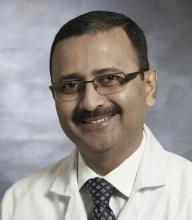
Dr Joy Desai is a Consultant Neurologist for many eminent hospitals in Mumbai. He is also on the Committee of Samman which is the Bombay Chapter of The Indian Epilepsy Association.

